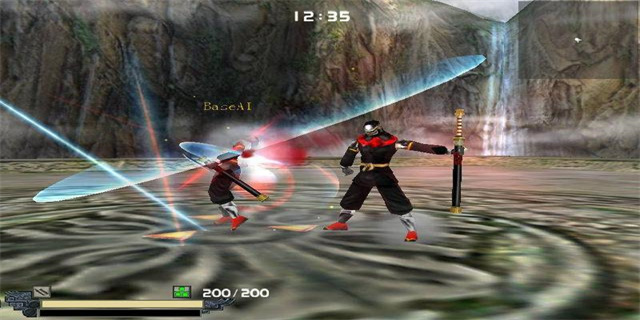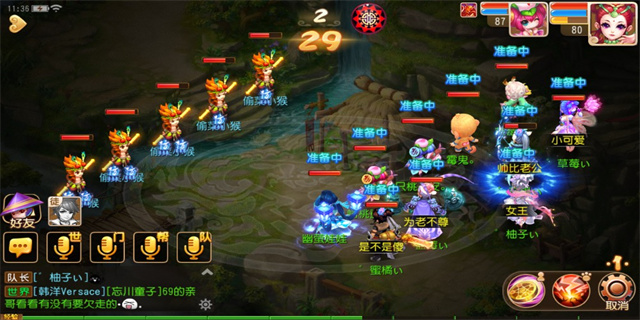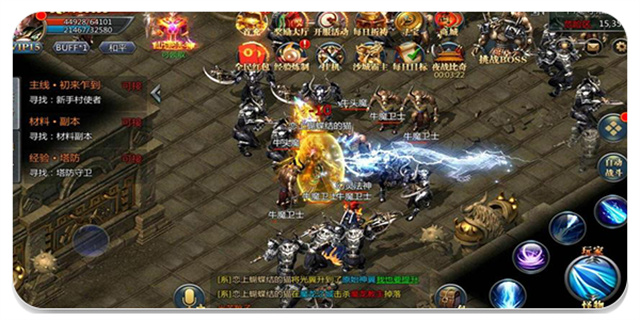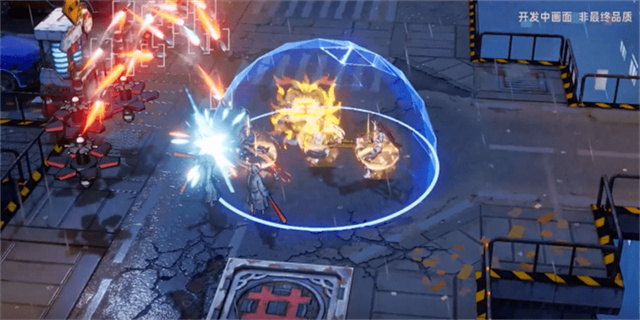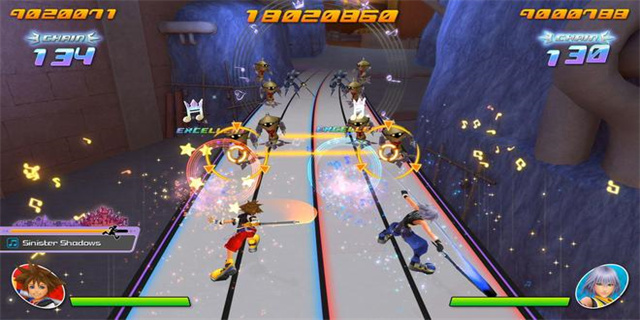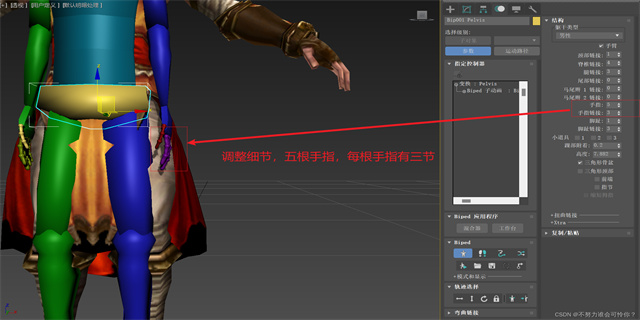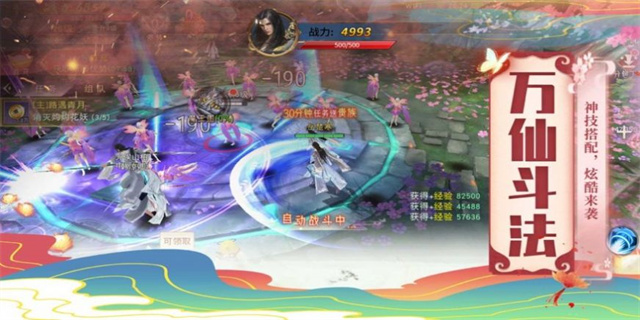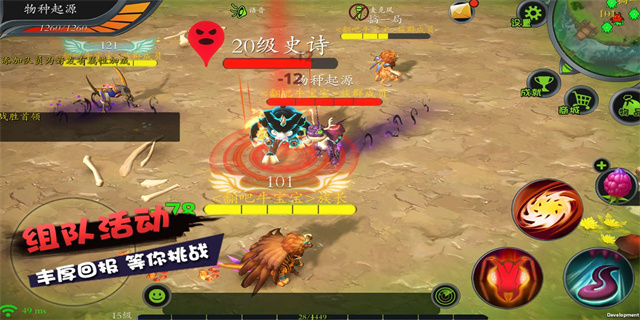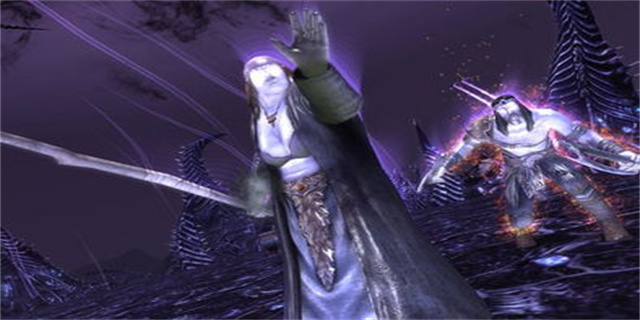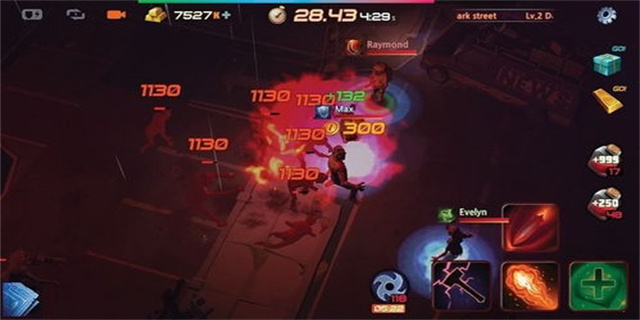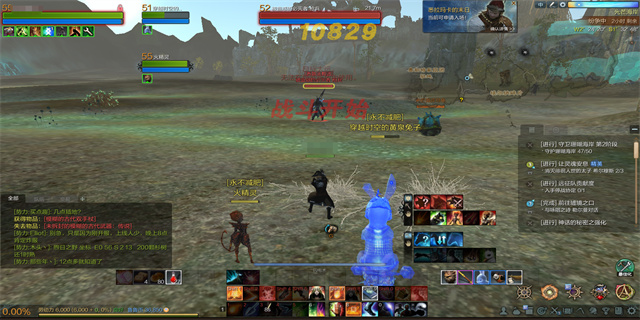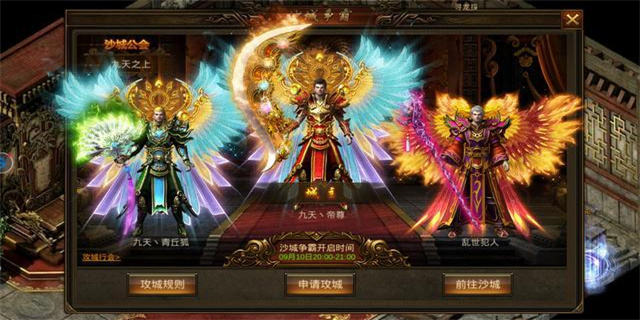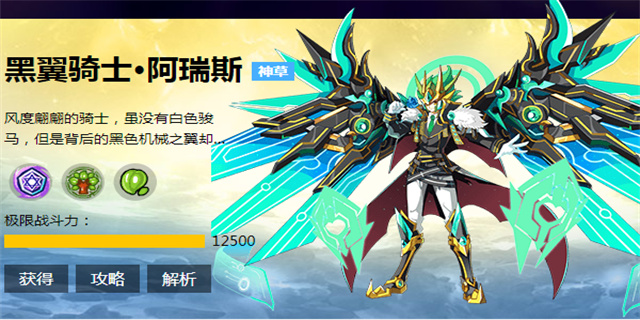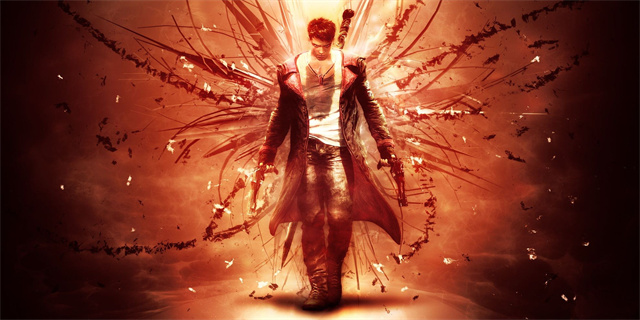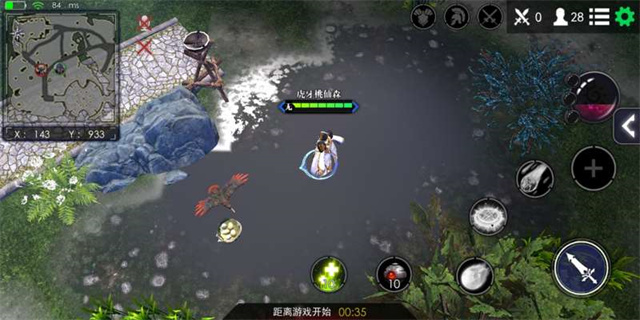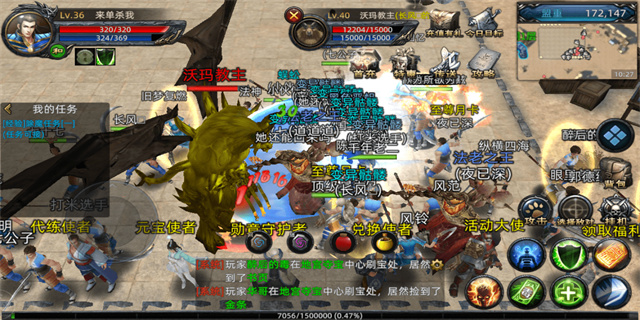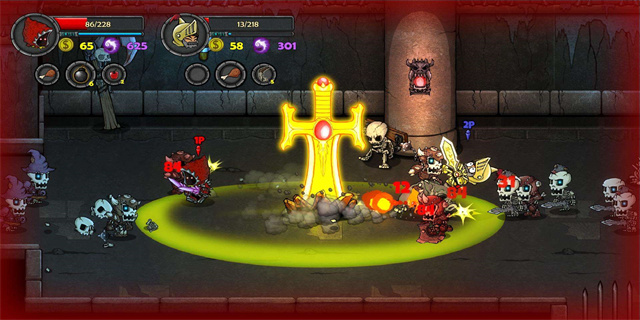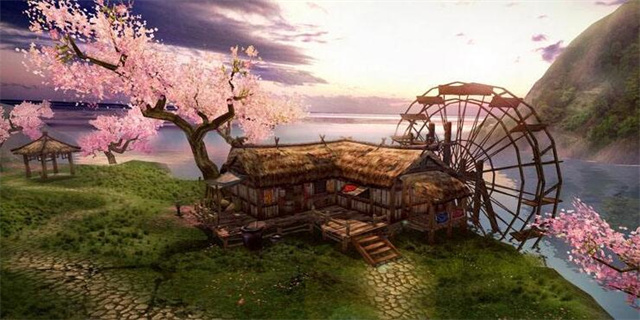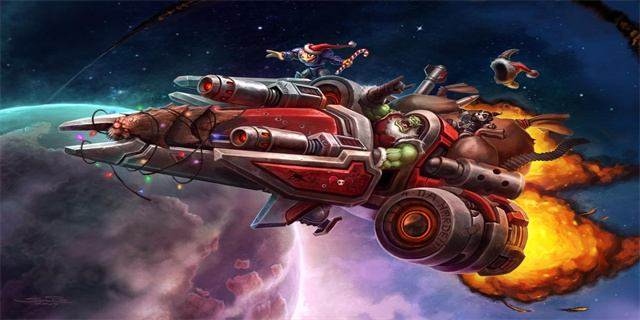DOTA 2: The Evolution of Competitive Gaming
In recent years, the world of competitive gaming has undergone a significant transformation. Games like DOTA 2 have brought the world of esports to the forefront, captivating audiences worldwide with its intense gameplay and thrilling matches. In this article, we will explore the evolution of competitive gaming through the lens of DOTA 2, examining its rise to prominence and the impact it has had on the gaming industry as a whole.
The Birth of DOTA 2
The origins of DOTA 2 can be traced back to the early 2000s, when a custom map called \"Defense of the Ancients\" was created for the popular game Warcraft III. Developed by a group of dedicated fans, this custom map introduced a new concept to the gaming world - the multiplayer online battle arena (MOBA). Players were pitted against each other in a team-based format, battling it out to destroy the enemy's base while defending their own. The gameplay was fast-paced and strategic, requiring teamwork and coordination to achieve victory.
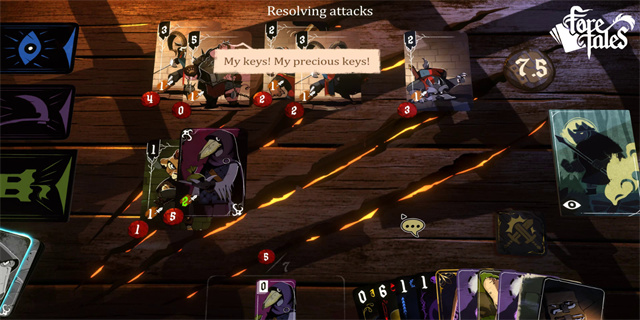
As the popularity of DOTA grew, so did the competitive scene surrounding it. Tournaments were organized, attracting top players and teams from around the world. The first-ever DOTA tournament, known as \"The International,\" took place in 2011 and featured a prize pool of $1.6 million. This was a groundbreaking moment for competitive gaming, as it showcased the potential for esports to become a legitimate industry. DOTA 2 was the driving force behind this revolution, setting the stage for what was to come.
The Rise of Esports
The success of DOTA 2's competitive scene paved the way for the rise of esports as a whole. The International became an annual event, with each subsequent tournament offering a larger prize pool than the last. In 2019, The International boasted a staggering $34.33 million prize pool, making it one of the most lucrative esports events in history. This growth in prize money attracted even more attention to the scene, solidifying the legitimacy of competitive gaming and establishing it as a viable career option for professional players.

Beyond the monetary aspect, DOTA 2 also played a crucial role in elevating the production value of esports events. With professional commentators, high-quality streams, and immersive in-game spectating options, DOTA 2 set the standard for what a successful esports broadcast should look like. Other games took note and followed suit, investing in better production values to enhance the viewing experience for fans. This, in turn, attracted even more spectators to esports events, further fueling the growth of the industry.
The Impact on the Gaming Industry
The impact of DOTA 2 and the rise of competitive gaming extends far beyond the esports scene. The success of the game has inspired countless other developers to create their own competitive titles, sparking a new wave of multiplayer games that emphasize teamwork, strategy, and high-stakes competition. This has led to an increased focus on the social and competitive aspects of gaming, bringing players together in online communities and fostering a sense of camaraderie and sportsmanship.
Additionally, the rise of esports has created a whole new ecosystem within the gaming industry. Esports organizations, sponsors, and merchandise companies have popped up to support and capitalize on the growing market. These organizations provide players with salaries, coaching staff, and training facilities, helping to legitimize esports as a profession. The popularity of competitive gaming has also led to increased investment in gaming infrastructure, with dedicated esports arenas and facilities being built around the world.
In conclusion, DOTA 2 has played a pivotal role in the evolution of competitive gaming. From its humble beginnings as a custom map to its current status as one of the most popular esports titles, DOTA 2 has revolutionized the gaming industry and propelled esports into the mainstream. As the scene continues to grow and evolve, there is no doubt that DOTA 2 will remain at the forefront, shaping the future of competitive gaming for years to come.

